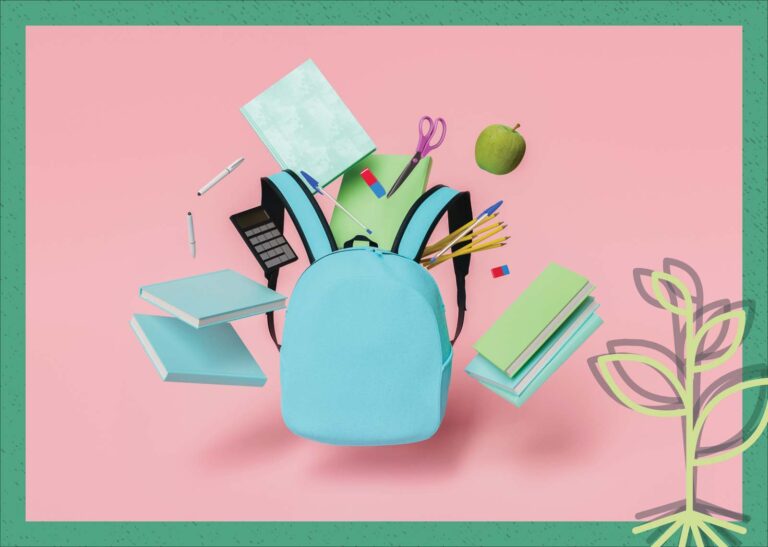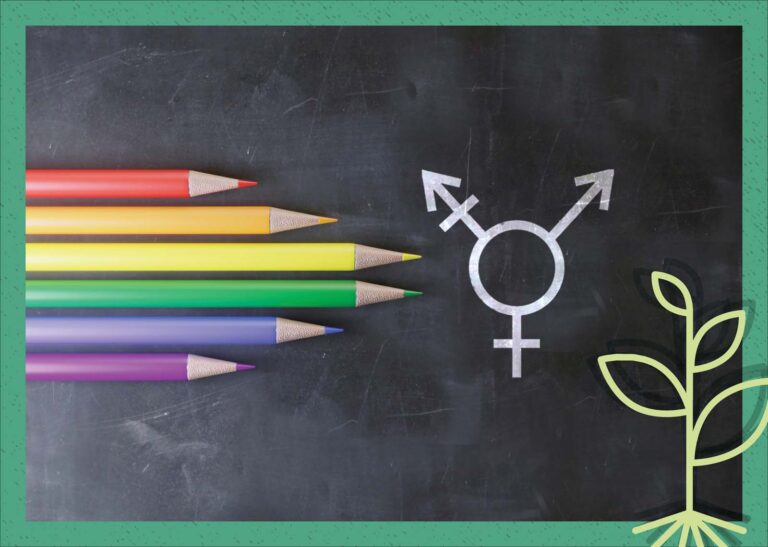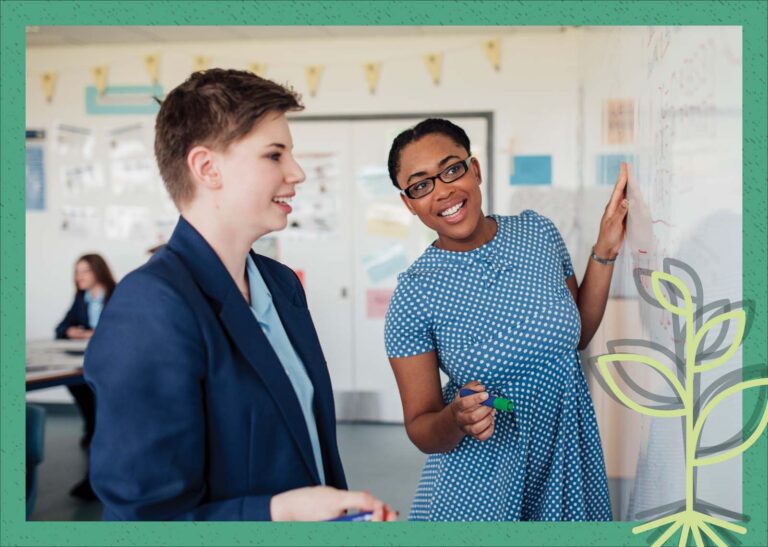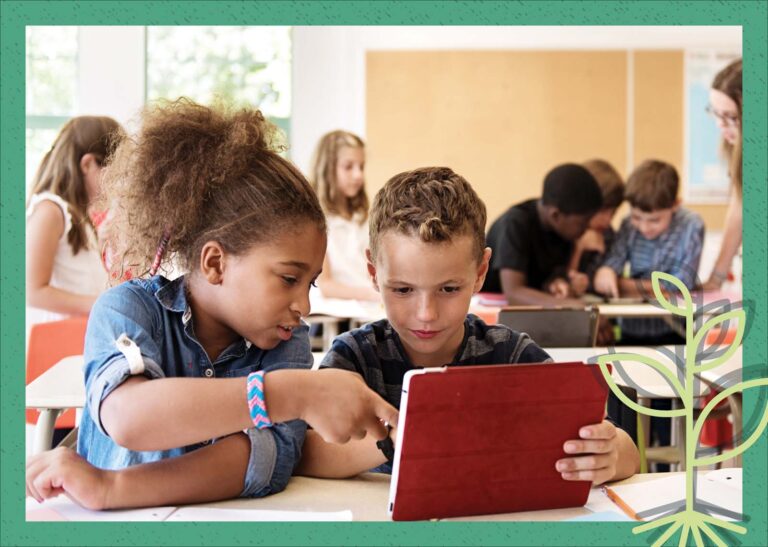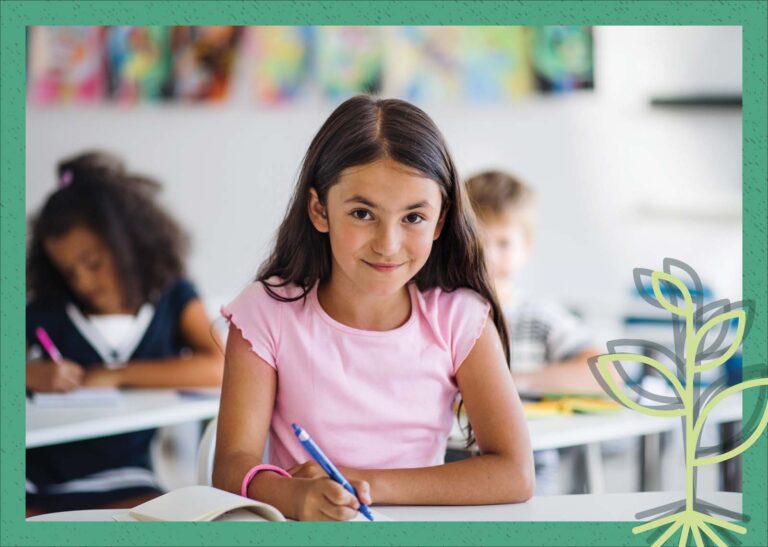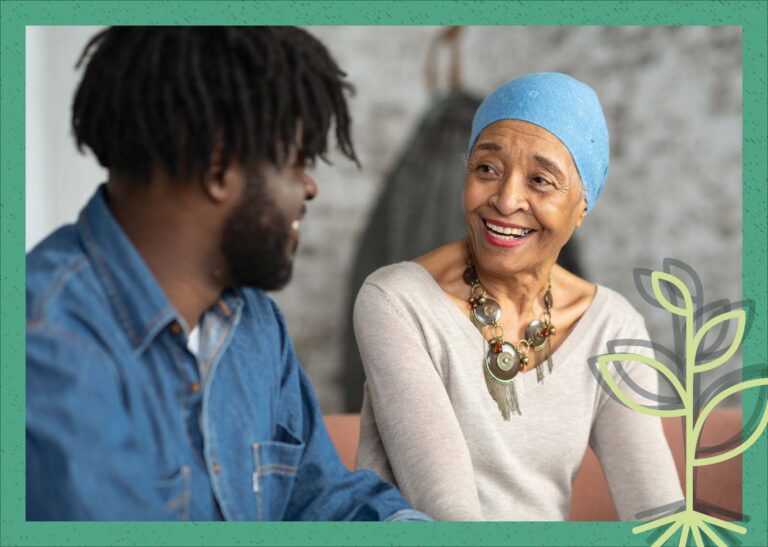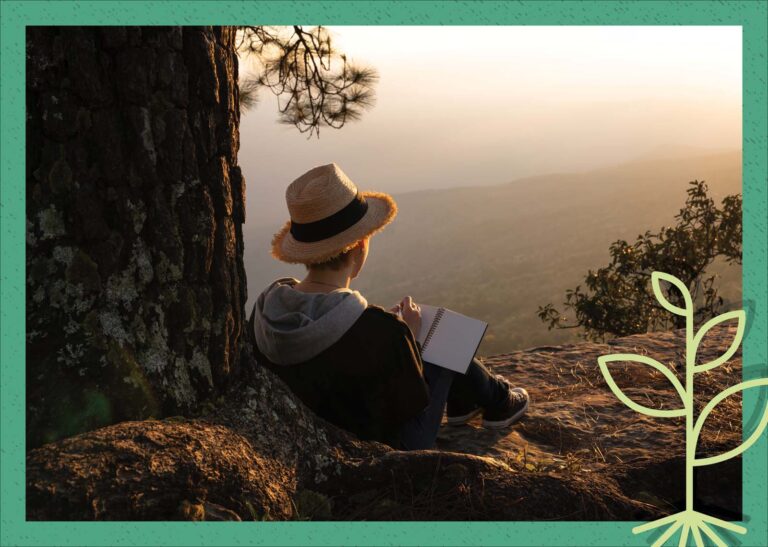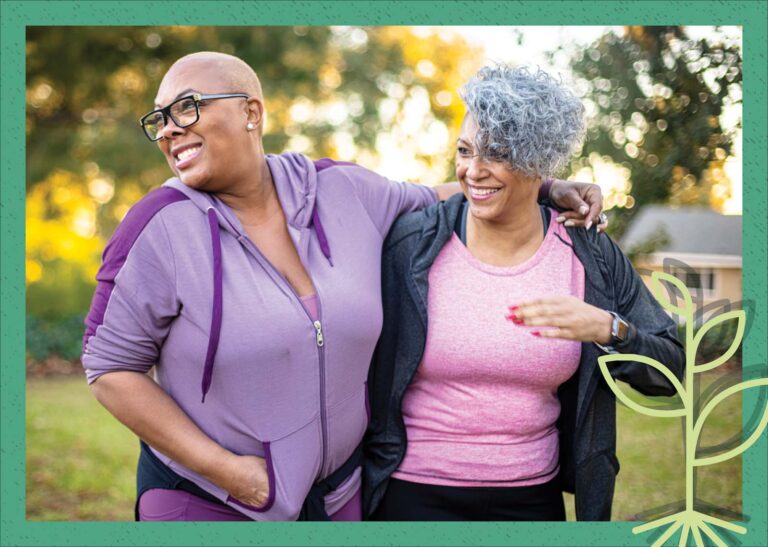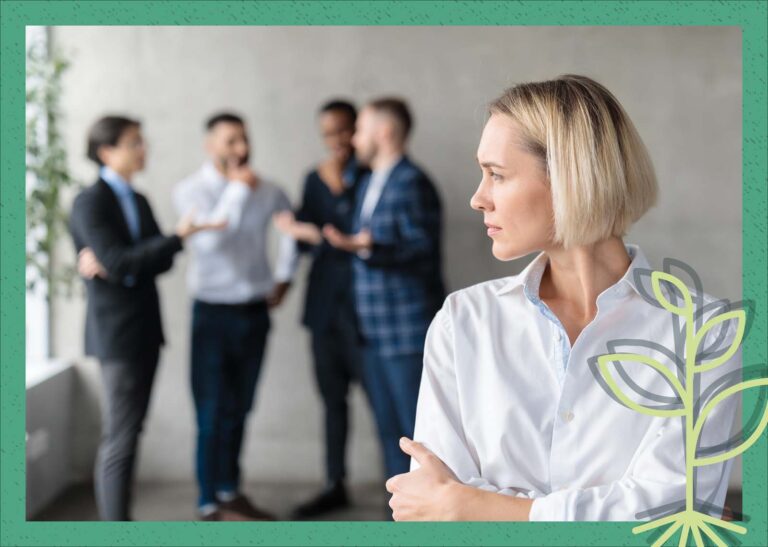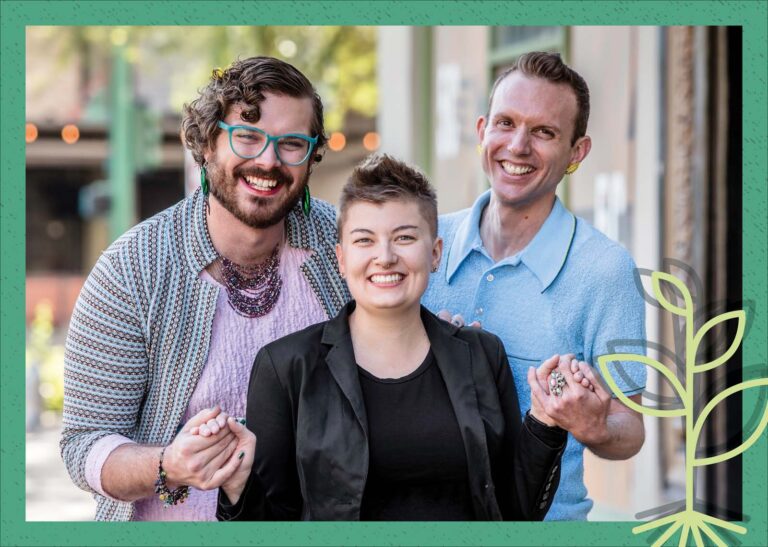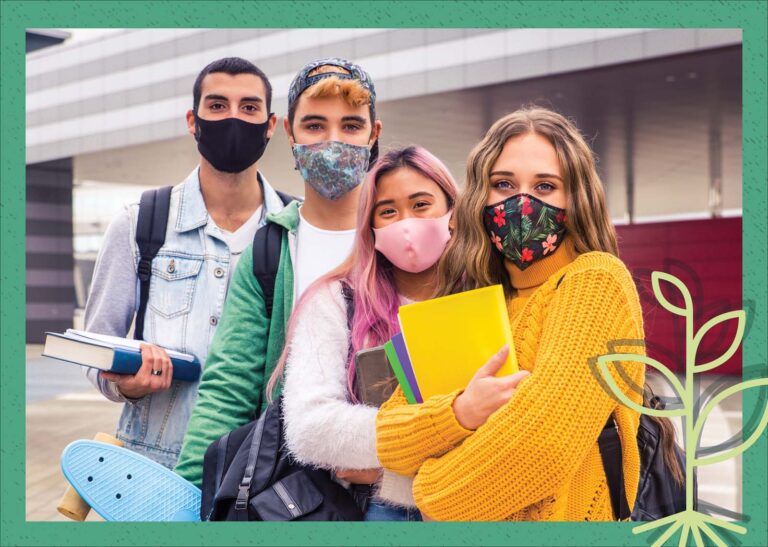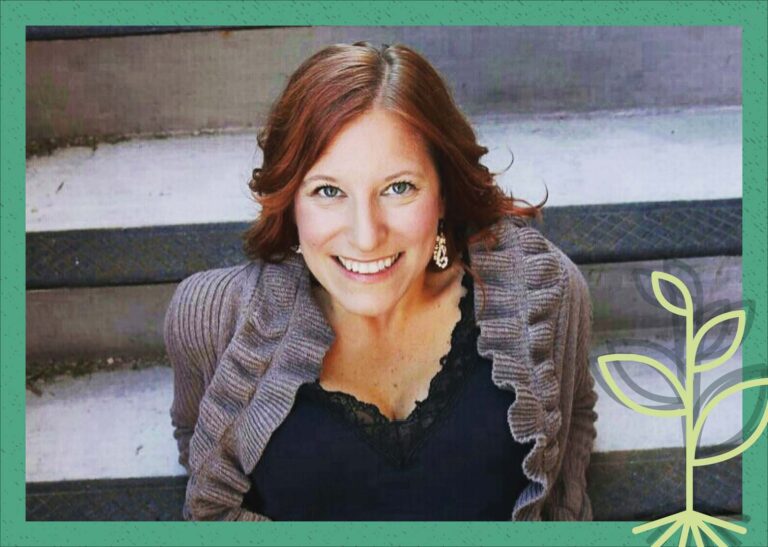We’re getting ready to launch Season Four of the Seed Field Podcast and we’re putting together two mini-episodes that revisit interviews from Season Three and pull out the themes that consistently run through them. If there’s hope in anything, there is hope in children as educators. As our school systems focus on producing certain test scores, checking boxes, and sometimes treating students as products rather than people, we have education experts like the three guests from this mini-series on “literacy” who challenge teachers to take an individualized approach, to meet students where they are, and encourage their curiosity.
Big Idea: Destigmatizing Sex
We’re getting ready to launch Season Four of the Seed Field Podcast and we’re putting together two mini-episodes that revisit interviews from Season Three and pull out the themes that consistently run through them. When discussing sexuality, sex therapy, and sex education there is the only thing we can count on- variation. When we allow individuals to know that variation is the only “normative” part of sexuality, then we get to live with less shame and more joy.
S3E10: Developing Math and Science Literacy Means Moving Beyond the “Right” Answer
When using the “Scientific Method,” we ask questions, observe the world, and interpret what we find. Sometimes this leads us to change our initial ideas—but no matter what, we lead with curiosity. So why is it that science education today so often focuses on memorizing facts and solving tidy problems with right and wrong answers? In this interview with Dr. Gopal Krishnamurthy we ask these questions. Topics covered include foul-smelling childhood experiments, an engagement with non-standard mathematical notation, and the ways that today, “despite the best efforts of our teachers, learning is critically endangered.”
S3E9: To Grow Emotional Literacy, a Classroom Must Become a Community
Students learn more than reading, writing, and arithmetic in school, classrooms are also where students practice their social and emotional skills. But how can teachers support a sudent’s growth in these areas, and should this be treated as equally important as more test-able skills? To find out, we talked with Laura Thomas, an expert on collaborative learning communities who has served for 20 years in the education department at Antioch New England. In this conversation, Laura discusses how we should understand emotional intelligence, the importance of cultural respect, and current attacks on public education.
S3E8: Expanding Our Definition of Literacy is Necessary for Justice
Words are how we tell our stories, form our identities, and advocate for ourselves within society. But are schools doing a good job preparing students to be confident, empowered writers? In this interview with the literacy expert Heather Hebard, she discusses how writing education and literacy education are unequally distributed across our nation’s schools, and she challenges our understanding of what counts as literacy. Join us in this conversation to learn about the unequal ways that different kinds of literacy are accorded power in our society, and what we can do to change that.
S3E7: How Sharing and Listening to Stories Can Stop Us From Othering Our Neighbors
Our life experiences not only define us but they can also connect us to people in our community or even people on the other side of the world. Alum and current Antioch professor, Jocelyn Robinson joins guest host Lauren Instenes to discuss how preserving the stories of the past and those of people today can unite communities and educate the world. Jocelyn, is a radio producer, educator, and oral historian, who is working with the radio station WYSO to document the stories of a local community in Dayton, Ohio, and is also running a project to preserve archival radion content at Historically Black Colleges & Universities.
S3E6: Stuck On Autopilot, We Ignore Daily Injustices. Can Art Shake Us Awake?
The idea of “defamiliarization” says that we sometimes become so used to our world that we grow numb to it. It takes powerful art to remind us of how strange an experience the opera can be, or how cruel it is that our society forces people to live without shelter on the freeway on-ramps. In this episode we interview the novelist and professor Alistair McCartney about his recent seminar on the Russian theorist Viktor Shklovski and his theory of “defamiliarization.” We talk about what exactly this term means, how it plays out in the works of Leo Tolstoy and Toni Morrison, and how this practice can be used both in and outside of literature to create a more empathetic world.
S3E5: We Need to Face Racism. Womanism Offers a Path Towards Healing.
It’s been almost ten years since the founding of the Movement for Black Lives, which kicked off a decade of activism and creativity comparable to the abolitionist movement and the Civil Rights Movement. And yet, even after the work of these powerful movements we still see racism in this country. In this conversation with Dr. Tawana Davis we learn about her work creating the Facing Racism program.
S3E4: When Toxic Behavior Is Tolerated at Work, Good People Quit. Is There a Different Way?
From spreading rumors and giving condescending feedback to undercutting decisions and meddling to try to bring down a team, toxic behaviors are all too common in the workplace. In this interview with Dr. Mitchell Kusy, author of the book, Why I Don’t Work Here Any More, we learn more about these toxic behaviors and what we can do to make sure they don’t derail our organizations.
S3E3: The Tools of Sex Therapy Can Nurture Healthier Relationships
Sexual education is extremely important and we need more of it. In the second episode of our mini-series about human sexuality we talk with Dr. Theodore Burns about the need for educators to go beyond the “SexEd” class, incorporating open and sex-positive discussions about sexuality, and gender also across young people’s educations. Dr. Burns, a therapist and educator specializing in sexuality and gender, shares with us key strategies to create culturally responsive, sex-positive learning environments that make children safer.
S3E2: In Place of Fear and Shame, We Need Sex-Positive Education
Sexual education is extremely important and we need more of it. In the second episode of our mini-series about human sexuality we talk with Dr. Theodore Burns about the need for educators to go beyond the “SexEd” class, incorporating open and sex-positive discussions about sexuality, and gender also across young people’s educations. Dr. Burns, a therapist and educator specializing in sexuality and gender, shares with us key strategies to create culturally responsive, sex-positive learning environments that make children safer.
S3E1: Beyond ‘The Talk’—Supporting Young People As They Explore Sexuality and Gender
We’re kicking off our third season with a three-episode mini-series on sexuality and the ways that it intersects with the many subjects taught at Antioch University. For our first guest we interview Dr. Markie L.C. Twist, an acclaimed sexuality educator, sexologist, relationship therapist, and author. In this conversation we discuss expanding our ideas around relational diversity and gender identity to support young people as they find their way in our current world.





